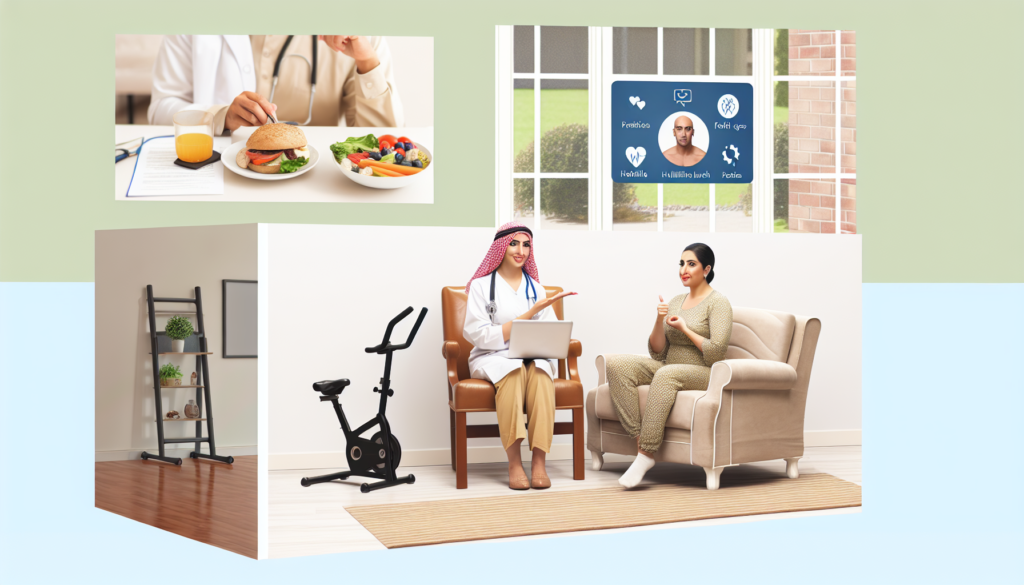Understanding Home Health Care: Essential Tips to Navigate a New Normal
Home health care continues to grow as a practical solution for individuals needing medical treatment or help performing daily activities. From managing chronic illnesses to performing day-to-day tasks, home health care professionals have become an essential resource for thousands of people. The demand for home health care nurses, therapists, and aides has surged as patients seek to receive medical care in the comfort and safety of their homes. This shift towards home health care solutions underscores the importance of learning how to successfully navigate this “new normal”.
Define your Needs
Defining your needs is a critical first step in effectively navigating home health care. This goes beyond identifying the type of healthcare professional you require. It encompasses a thorough understanding of the extent of care needed, type of therapy, regularity of visits, and the desired goals for either recovery or disease management. Communicating these details clearly with your healthcare provider can significantly impact the success of your home health care journey.
The Importance of Communication
Clear, open communication with your healthcare provider ensures that both parties understand each other’s expectations and limitations. It’s crucial to communicate your needs, concerns, and changes in your health condition promptly. Regular updates facilitate timely adjustments to the care plan, contributing to a smoother, more efficient care delivery process.
Embrace Technology
Embracing technology can significantly enhance the effectiveness of home health care. Whether it’s the use of telehealth services, remote patient monitoring, or digital health platforms, technology plays an important role in augmenting the reach and efficiency of home health care. These technologies can enhance communication, track progress, and ensure that crucial medical data is accessible to all members of your care team.
Ensure Self-Care
While the home health care approach focuses predominantly on patient care, it’s crucial for caregivers to recognize the importance of self-care. Caregiving can be physically and emotionally draining, making self-care a critical aspect of the overall health and wellness journey. From healthy eating and exercise routines to mindfulness practices, self-care habits can help caregivers maintain their health and resilience, ultimately leading to better patient care.
Home health care, while offering several advantages, can seem overwhelming to individuals new to its demands and processes. By defining your care needs, maintaining open lines of communication, embracing the role of technology, and prioritizing self-care, you can successfully navigate your home health care journey.



